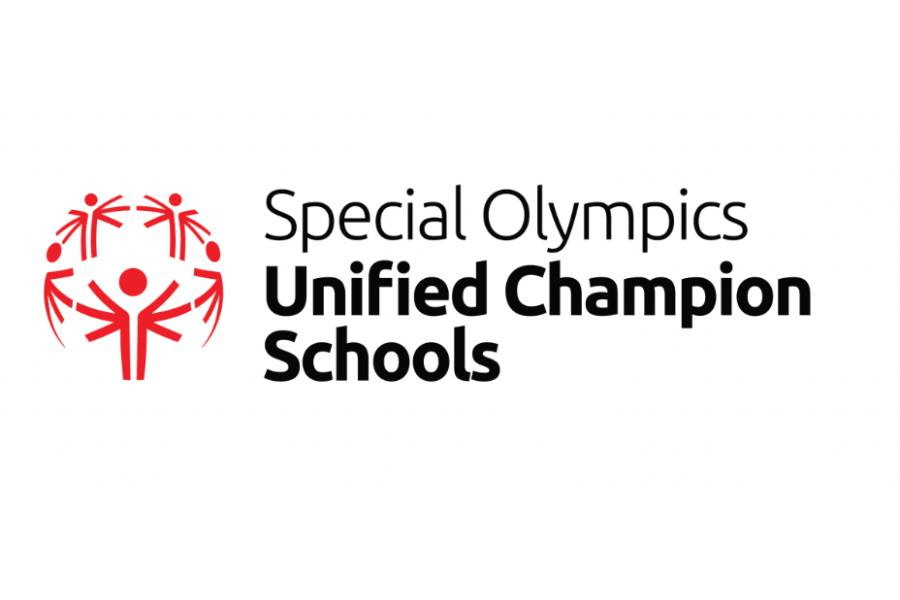Partnerships
The Statewide Autism Resources & Training (START) Project is housed in the Grand Valley State University (GVSU) Autism Education Center. It is funded by the Michigan Department of Education, Office of Special Education (MDE, OSE) as an IDEA Grant Funded Initiative. This partnership list, while not exhaustive, highlights START's key collaborators.
Michigan's IDEA Grant Funded Initiatives
With a focus on collaboration and impact, Alt+Shift, encompassing Michigan's Integrated Mathematics Initiative (Mi)2, offers professional learning, including training, technical assistance, and co-constructed implementation planning, that strives to shift adult mindsets and provide alternative options to improve outcomes for every student.
Michigan Alliance for Families
Michigan Alliance for Families is a statewide resource to connect families of children with disabilities to resources to help improve their children’s education. We help facilitate parent involvement as a means of improving educational services and outcomes for students with disabilities.
Collaborative Work:
MiMTSS Technical Assistance Center
Michigan's Multi-tiered System of Supports (MiMTSS) Technical Assistance Center (TA Center) is a state and federally funded project that helps intermediate and local school districts implement and sustain a Multi-Tiered System of Supports (MTSS) in their schools to improve student outcomes in behavior and learning. MTSS focuses on providing high-quality instruction and interventions matched to student needs.
Collaborative Work:
Special Education Mediation Services (SEMS)
Special Education Mediation Services (SEMS), formerly known as Michigan Special Education Mediation Program, provides mediation, facilitation and training services for working through disagreements so that children with disabilities promptly receive the services they need to develop and succeed in school. These services often help to avoid disputes or help resolve them early. Good communication between parents and the school district is critical in working together to meet the educational needs of students.
Michigan Department of Education and Supported Initiatives
Early On is Michigan's system for helping families of infants and toddlers, birth to age 3, who have developmental delay(s) and/or disabilities. Early On supports and partners with families to promote the development of their infants and toddlers in developmental areas, such as physical, cognitive, communication, social-emotional, and self-help.
The Family Matters program, part of the Michigan Department of Education, provides parents and families with information about special education and other resources.
Michigan Department of Education, Low Incidence Outreach (MDE-LIO)
MDE-LIO provides consultation, training, and resources to families and educational teams serving students who are Blind or Visually Impaired (BVI) and/or Deaf or Hard of Hearing (DHH). MDE-LIO's vision is to ensure equal access to a quality education for all students who are BVI and/or DHH. Their services include Workshops and events for families and educators, Braille, large print, and digital books for students, American Printing House for the Blind (APH) Federal Quota products and textbooks, and Professional development materials and guides for educators
Michigan Department of Education (MDE), Office of Special Education (OSE)
The Michigan Department of Education's Office of Special Education (MDE OSE) provides leadership and resources to ensure that students with disabilities receive a free and appropriate public education (FAPE). It focuses on compliance with state and federal regulations, offers technical assistance, and supports schools in implementing effective special education programs. MDE OSE works to improve outcomes for students with disabilities across Michigan.
The Family Center for Children and Youth with Special Health Care Needs (Family Center)
The Family Center is the statewide parent-directed center within Children's Special Health Care Services (CSHCS) and the Michigan Department of Health and Human Services (MDHHS). The Family Center offers emotional support, information, and connections to community-based resources to families of children and youth with special health care needs. This includes all children who have or are at an increased risk for: physical, developmental, behavioral, or emotional conditions. Children do not need to be enrolled in CSHCS to receive services from the Family Center.
Bullying Prevention Initiative (BPI)
The Michigan Department of Health and Human Services (MDHHS) Children's Special Health Care Services (CSHCS) program offers small grant opportunities for school districts to reduce bullying for students with special health care needs. Successful organizations will utilize START's Peer to Peer program model to incorporate anti-bullying initiatives specific to students with special health care needs, which includes students who have physical, developmental, behavioral, or emotional conditions.
Statewide Partnerships
Michigan Association of Administrators of Special Education (MAASE)
The Michigan Association of Administrators of Special Education (MAASE) is a professional organization focused on leadership, collaboration, and advocacy for special education administrators in Michigan. It supports its members through professional development, networking opportunities, and promoting best practices to improve outcomes for students with disabilities. MAASE is committed to influencing policy and providing resources that enhance the quality of special education services across the state.
The Michigan Autism Council is a state-appointed group, consisting of 16 members, that advises on and guides Michigan's autism-related initiatives. The council focuses on developing and implementing a statewide plan to address the needs of individuals with Autism Spectrum Disorder (ASD) and their families. It works to improve access to services, enhance education and training, and promote research and awareness across the state.
Michigan Council for Exceptional Children
The mission of the Michigan Council for Exceptional Children (MCEC) is to strengthen the field of education to impact success for individuals with exceptionalities by providing professional development, support, and advocacy for children, youth, families, and special and general educators. MCEC also assists and provides support to CEC in all its efforts on behalf of persons with exceptionalities and participates in all appropriate governance activities subject to the general supervision and control of CEC.
Special Olympics Unified Champion Schools®
The mission of Special Olympics is to provide year-round sports training and athletic competition in a variety of Olympic-type sports for children and adults with intellectual disabilities, giving them continuing opportunities to develop physical fitness, demonstrate courage, experience joy and participate in a sharing of gifts, skills and friendship with their families, other Special Olympics athletes and the community.
Collaborative Work:

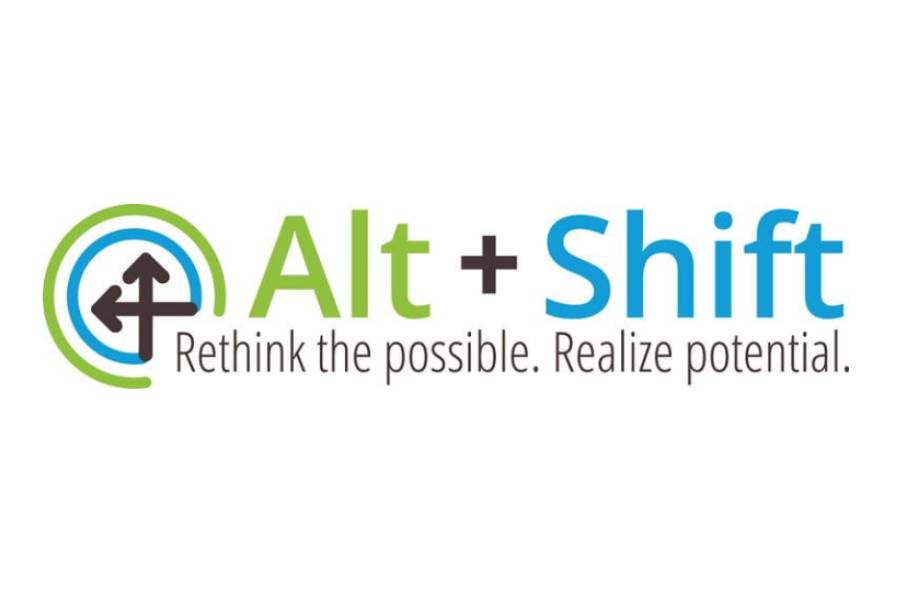
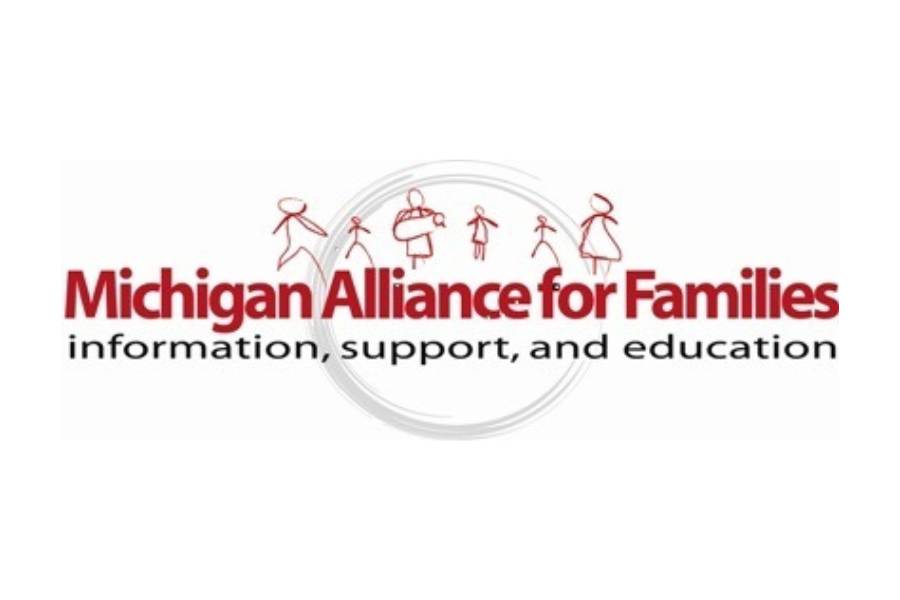
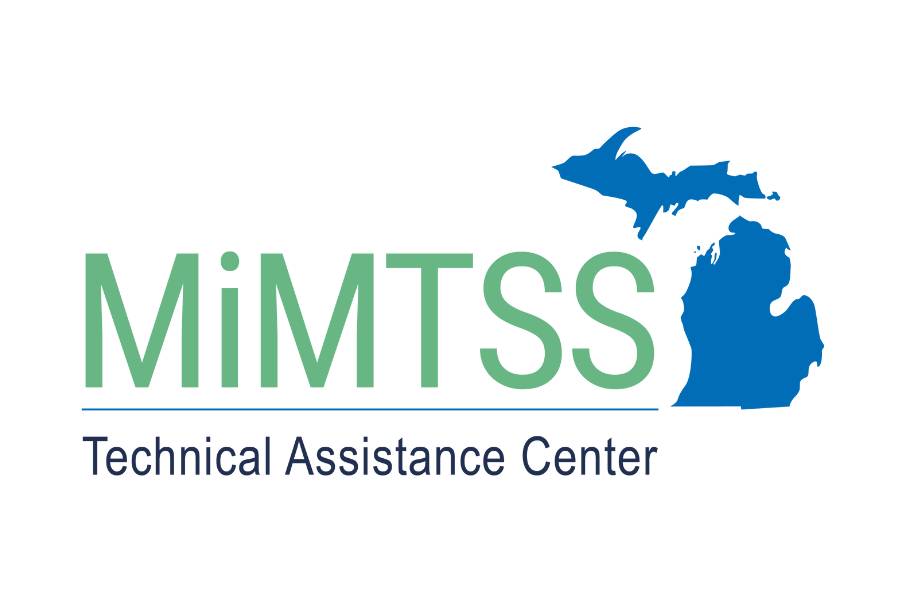
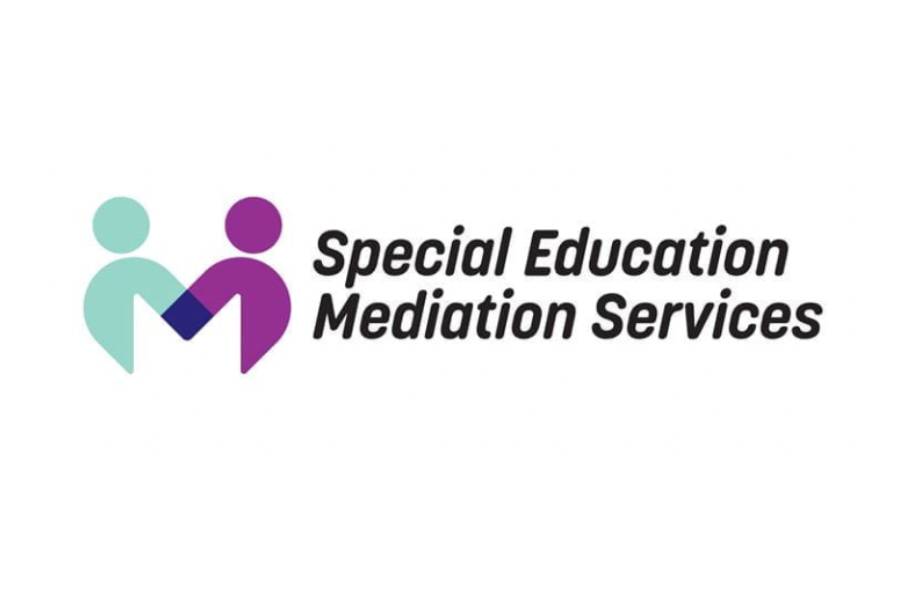
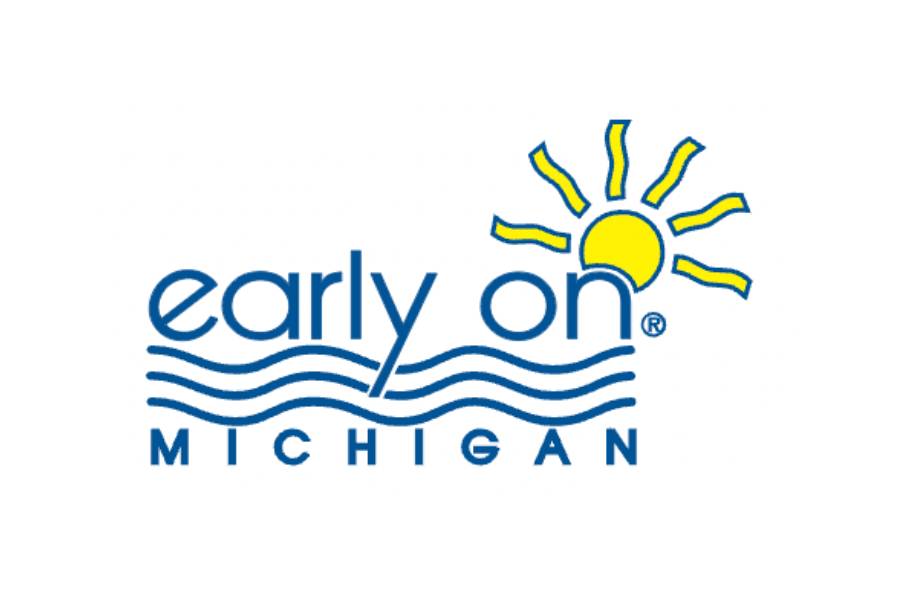
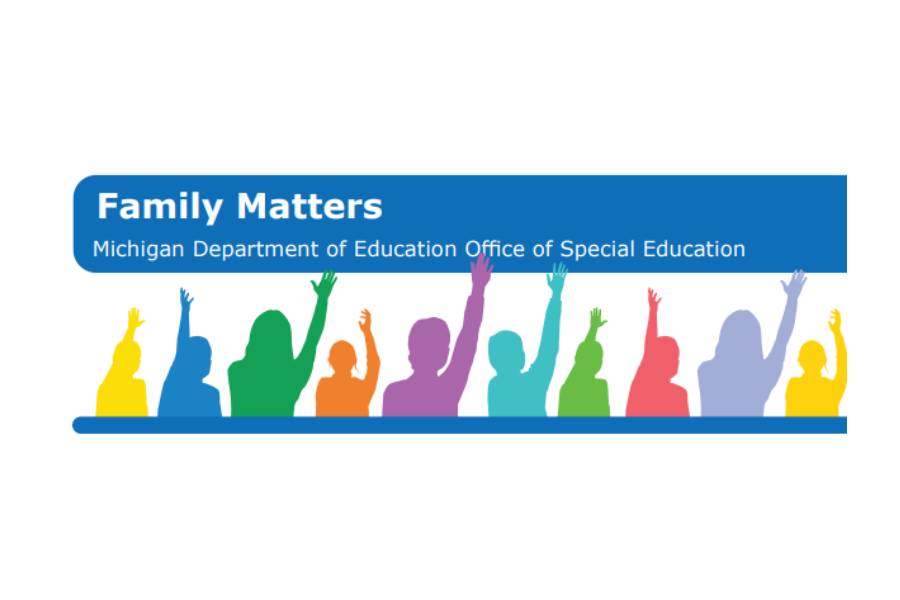
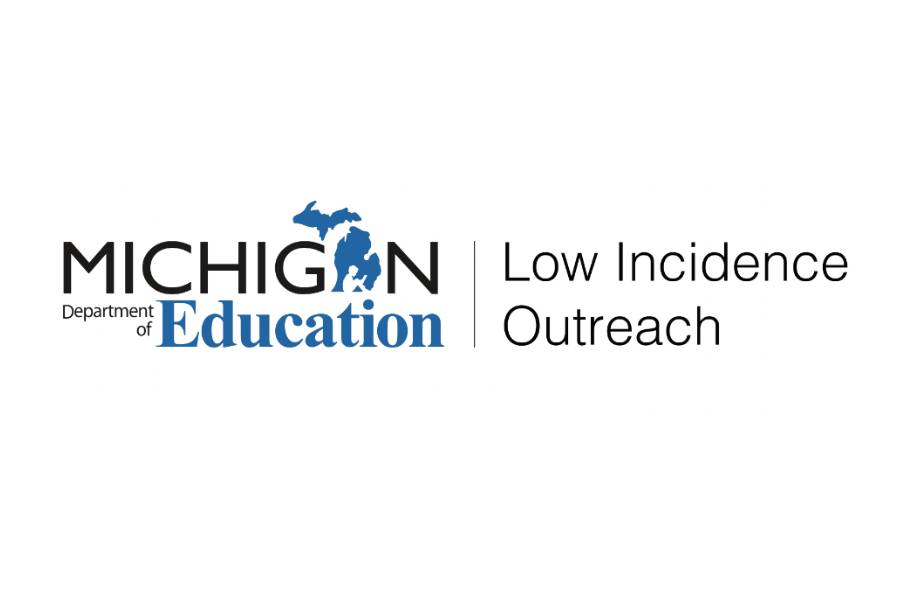
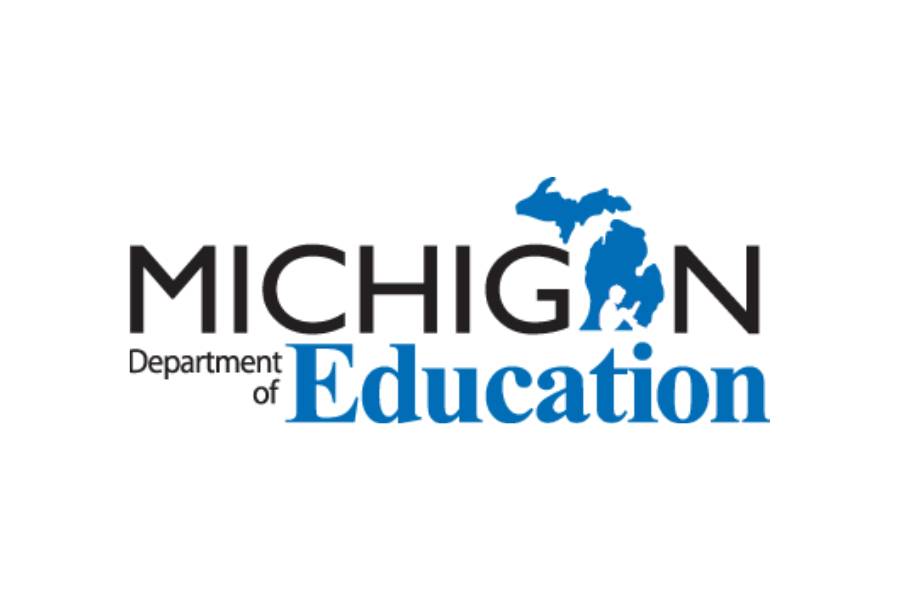
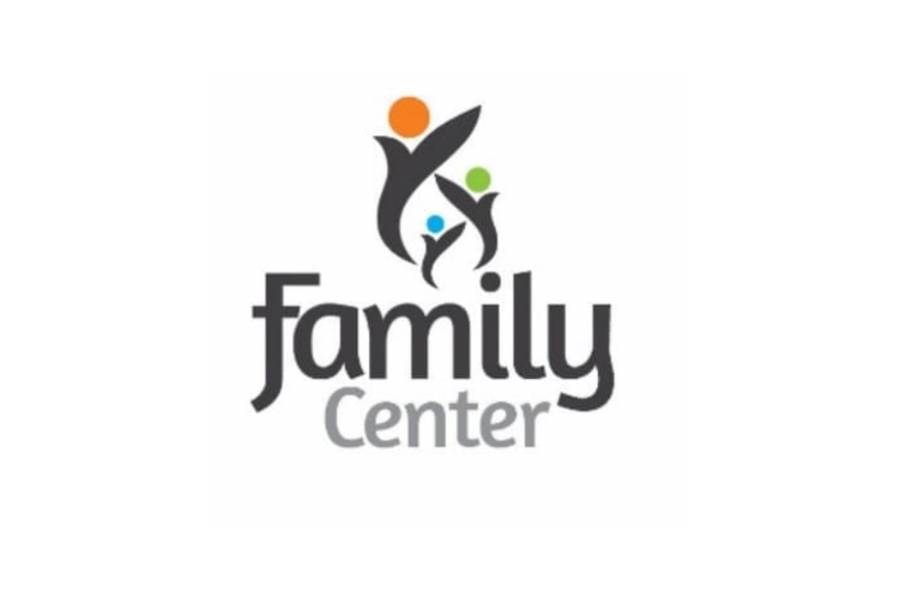

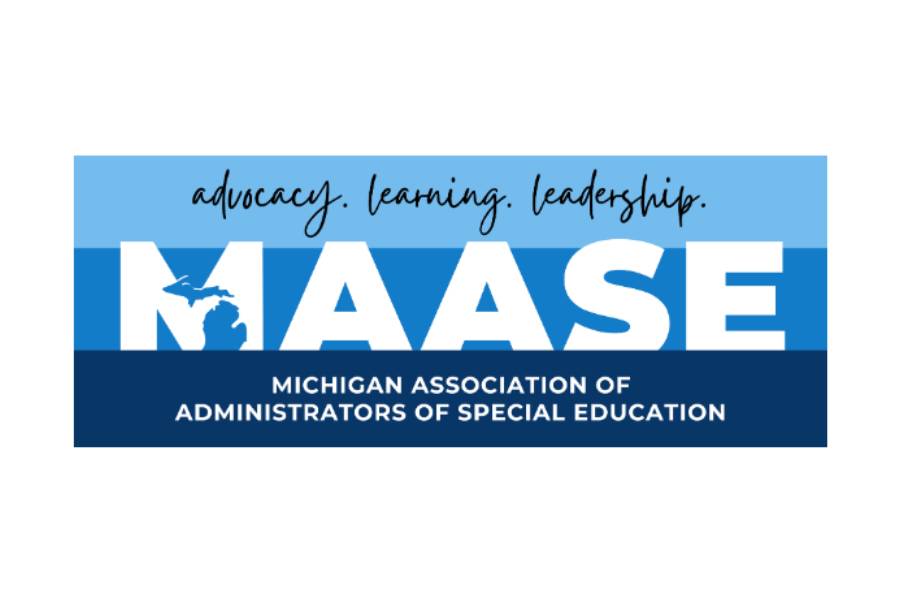
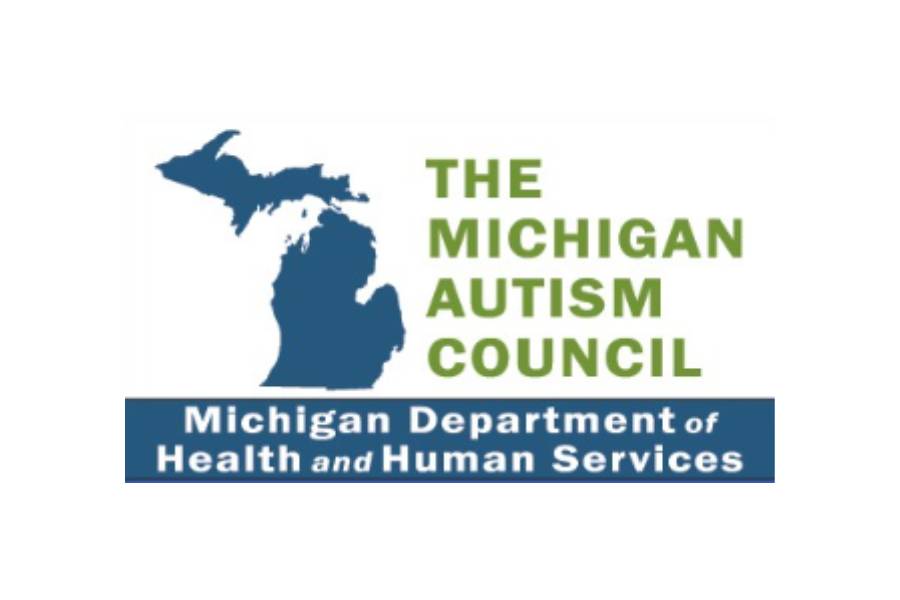
[1724339232].jpg)
